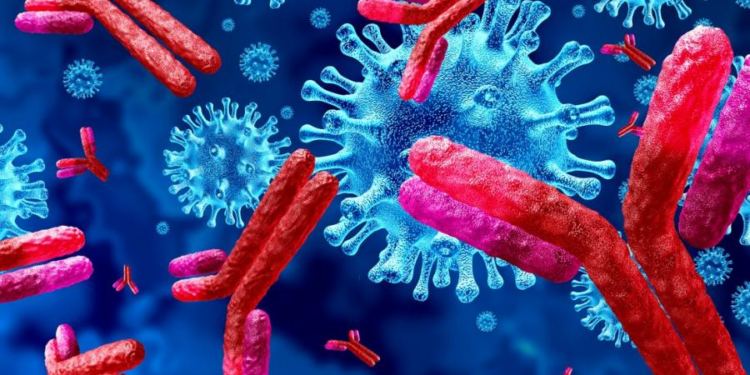A recent article by Rintrah Radagast sheds light on a potential explanation for the observed excess mortality related to COVID boosters.
It discusses the intriguing connection between IgG4 immune tolerance, excess mortality, and the phenomenon of “Chronic Covid.” As time progresses, the association between Covid vaccines and mortality seems to strengthen rather than diminish.
IgG4 antibodies typically arise in response to persistent irritants, such as worms. Unfortunately, the immune system perceives repeated mRNA Covid vaccine injections as a persistent irritant, leading to the activation of the IgG4 antibody switch. This persistent irritation may not only result from repeat injections but also due to the continuous expression of mRNA genes in half of vaccinated individuals.
The concern arises regarding the impact of IgG4 antibodies beyond their role in immune reactions to COVID-19. A 2020 study published in the British Medical Journal's Journal for Immunotherapy of Cancer suggests that elevated levels of IgG4 antibodies, irrespective of their specificity, enhance cancer progression. The study, conducted by Wang et al., predates the discovery of the switch to IgG4 antibodies induced by mRNA vaccines.
The study findings reveal a positive correlation between higher IgG4 levels and increased cancer malignancy and poor prognoses. IgG4, characterized by its reduced ability to trigger effector immune reactions, inhibits classic immune responses against cancer cells. The study suggests that IgG4 may drive the aggressiveness and malignancy of observed cancers.
The investigation raises the question of whether IgG4 antibodies cause worse cancer outcomes or if more severe cancers lead to increased IgG4 production. The researchers conclude that IgG4 plays a crucial role in driving malignancy and aggressiveness in real-life cancers.
The study also discusses hyperprogressive disease (HPD), associated with certain monoclonal IgG4-based antibodies like nivolumab. HPD is observed in various cancer types and appears to result from the immune inhibitory effects of IgG4, indirectly promoting cancer growth.
The recent increase in cancer deaths reported in Australia, a highly vaccinated country, is concerning. While cautioning against unverified statistics, it highlights a 7% rise in cancer deaths within two years of widespread vaccination.
Despite these concerns, IgG4's effects on cancer is still in its early stages. Notably, only about half of vaccinated individuals produce IgG4 antibodies in significant quantities, and the antibodies may diminish over the long run. There is currently no evidence suggesting that IgG4 antibodies directly cause cancer; instead, they seem to enhance existing cancers, leading to hyperprogressive disease.







